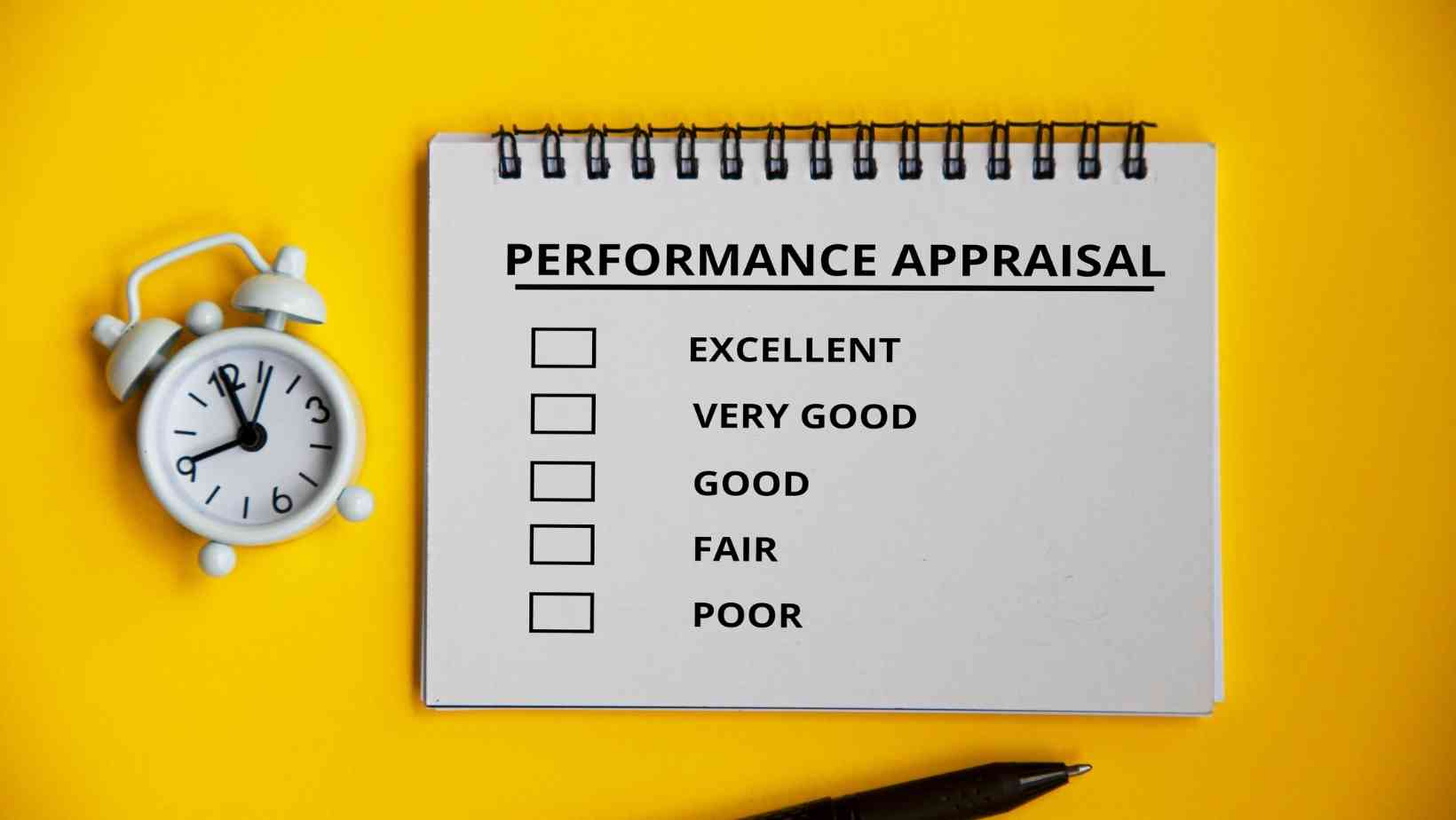How Employees Can Prepare For a Performance Review
A performance review is a critical aspect of your development and growth within a company. They are a formal evaluation of your performance, often conducted annually or bi-annually, where both you and your employer assess your achievements, progress, and areas for improvement.
Performance reviews can be an anxiety-inducing experience for many, as you are evaluated on your work and receive feedback on your performance. However, with the right preparation, you can make the most out of your performance review and use it as an opportunity to showcase your accomplishments and identify areas for growth.
In this blog, we will explore some practical ways you can prepare for your performance review to ensure a successful and constructive meeting with your employer.
Set clear goals
What do you want out of your career? Are you happy with your career path? Or do you think you might want to switch into a new role / department / career track altogether? What would you like to do or learn in the next 12 months?
These sorts of questions can help you establish clear goals for your employer and allow you to create a plan of action to present in your meeting. However, if you’re unsure about any of these questions, it’s OK — most people don’t! Instead try to think of a handful of possible futures that appeal to you to help you map out your prospects compared to where you are now. By appointing clear goals, you will be able to come up with a list of skills you want to learn, responsibilities you want to explore as well as other goals that might arise as a result of your future achievements.
Make a list of your achievements
A performance review can be great time to approach your managers or directors about a pay rise or extra compensation. Having said that, you’ll need to back your request with an excellent explanation and possible data. Laying the groundwork by starting to building a list of your achievement can help you prove to your employer why you deserve a pay rise.
Start by writing down the goals you’ve been working toward, then underneath each goal / responsibility, write down what you accomplished in that area. Go back through your calendar, documents, emails, presentations, etc, to collect as much evidence of your contributions as possible. What’s more, spend a few minutes listing out the skills you learned this year, the relationships you built, and the personal accomplishments you hit.
Plan at least one question to ask
Your performance review is the perfect time to tell your boss about what you want out of the next year. For example you could say “I’d like to start talking about a promotion / a raise / becoming a manager / etc and what next steps we’ll need to take to make that happen.” Bear in mind, you might not get the things you ask for right away as your manager might think you need to develop extra skills first, or what you’re asking for might not fit with the overall company plan right now. Alternatively, you could ask your boss to help you set mini-goals to help you get there.
Feedback
Get ready to stay open-minded when receiving feedback from your employer because the more professionally you respond to constructive feedback, the better it will be for your development, your relationship with your boss, and your future in that role. Start by trying to anticipate what feedback your boss might give you — where do you think your own areas of improvement are? Be honest with yourself, because if you can answer this question in your mind ahead of time, you’ll be better prepared to engage with their comments.









